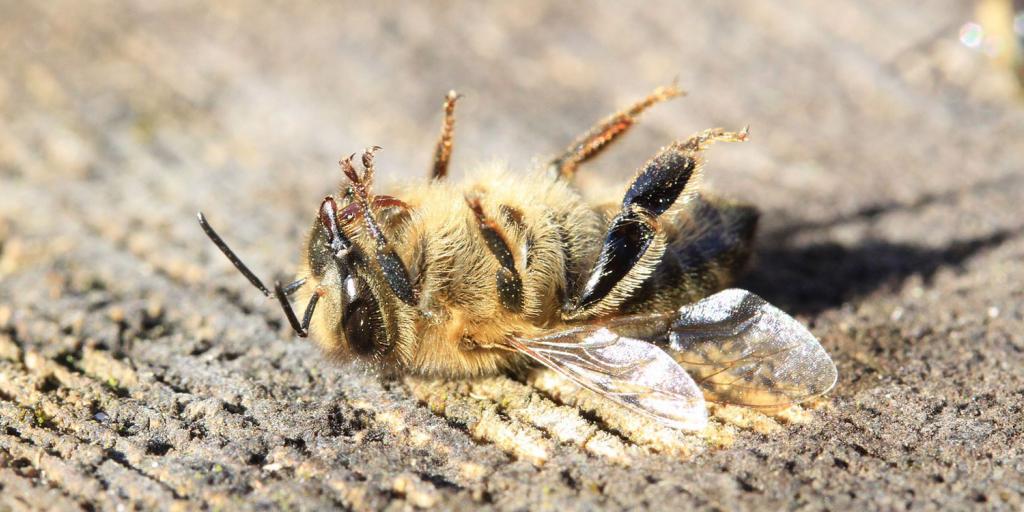
The “Insect Apocalypse”
The title of a recent New York Times Magazine article read like a stark announcement: “The Insect Apocalypse Is Here” (November 27, 2018). The article describes the devastating loss of insect populations around the globe in recent decades. According to research cited in the article, Monarch butterfly populations in the U.S. have declined by 90 percent in the last 20 years. The rusty-patched bumblebee has declined by 87 percent during the same period. In Germany, the numbers of flying insects in protected nature preserves, where they should be abundant, dropped by 75 percent in 27 years. Examples like this are frighteningly numerous.
Also sobering are the sizeable declines in bird populations that rely on insect populations for food. For example, “eight in 10 partridges gone from French farmlands; 50 and 80 percent drops, respectively, for nightingales and turtledoves.” And when we look at other species, we also see major declines. For example, “the world’s largest king penguin colony shrank by 88 percent in 35 years… [and] more than 97 percent of the bluefin tuna that once lived in the ocean are gone.”
Bible prophecy indicates that major environmental and ecological events will impact the earth as we approach the end of this age. Major world famines will also impact human life (Revelation 6:5–8). The drastic declines in insect populations—which could have a devastating impact on crop pollination—could contribute to the famines prophesied in the Bible. Although ecological disasters will impact our planet’s future, the Bible also explains how the return of Jesus Christ will bring about the restoration of ecosystems that have been destroyed! For more insights into how this global restoration will occur, read or listen to The World Ahead: What Will It Be Like?



